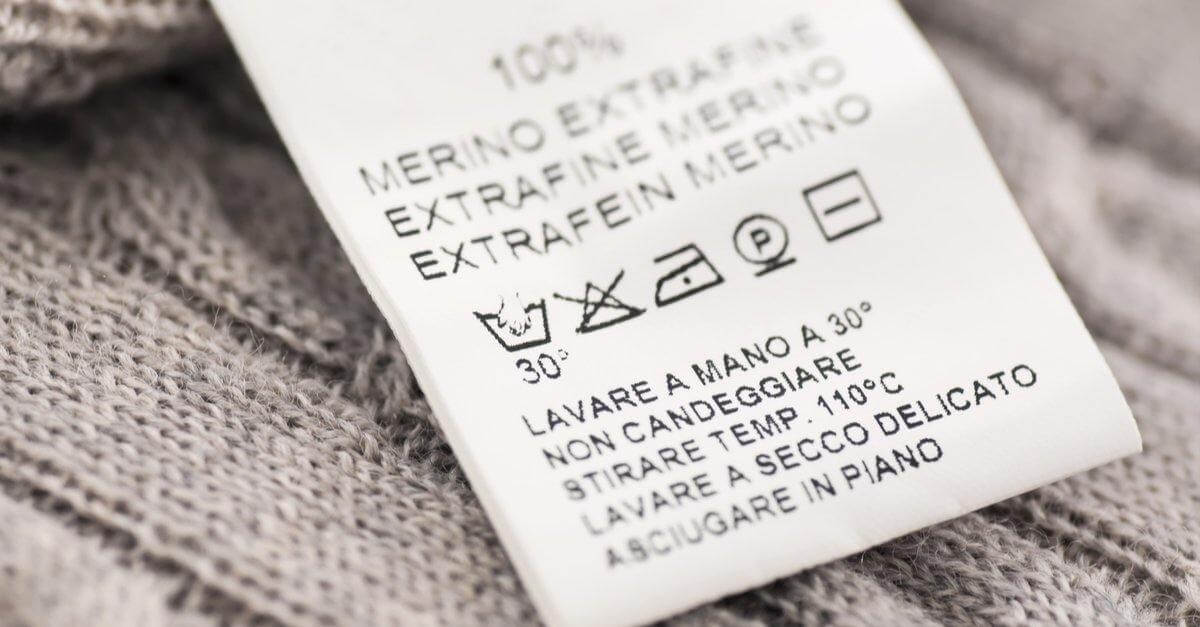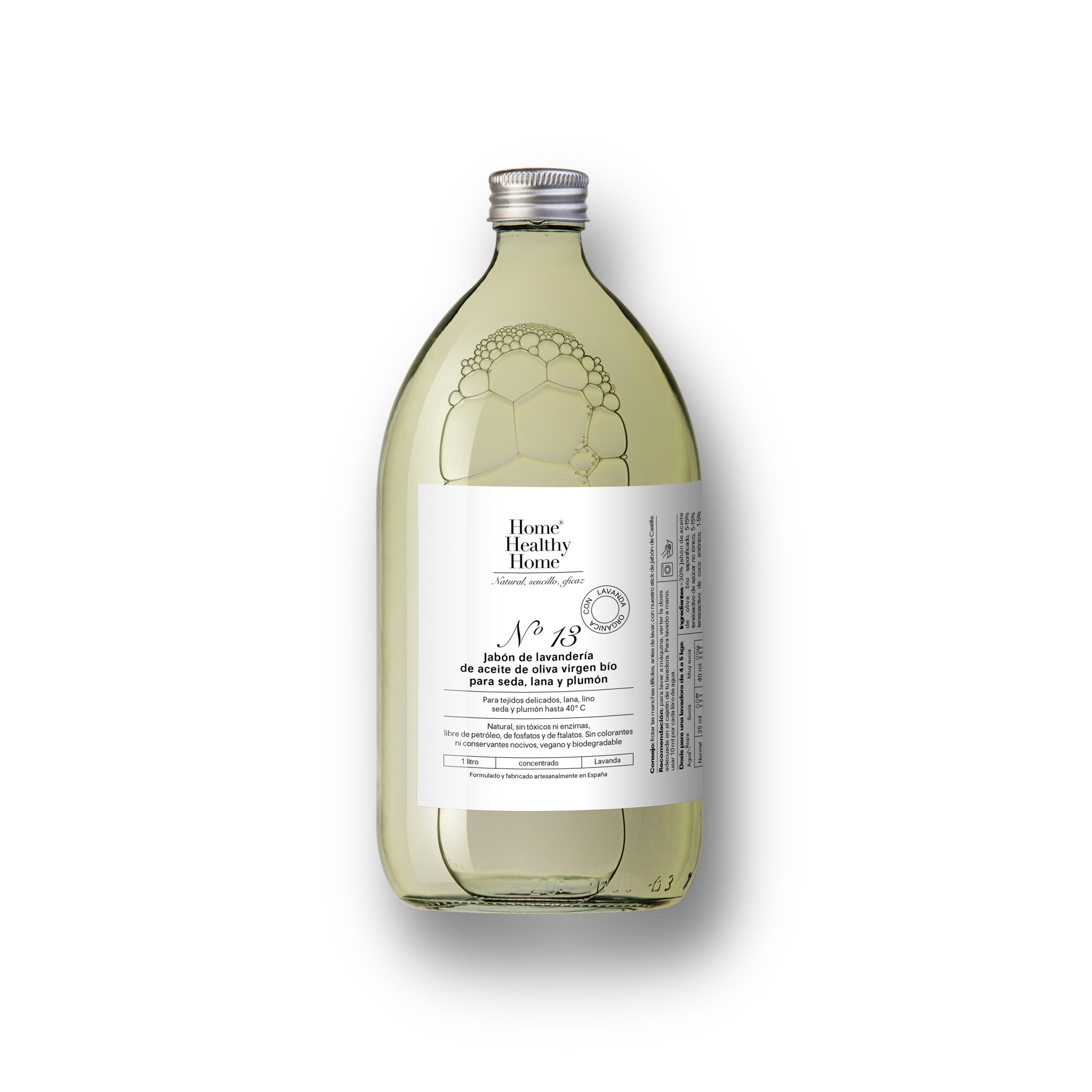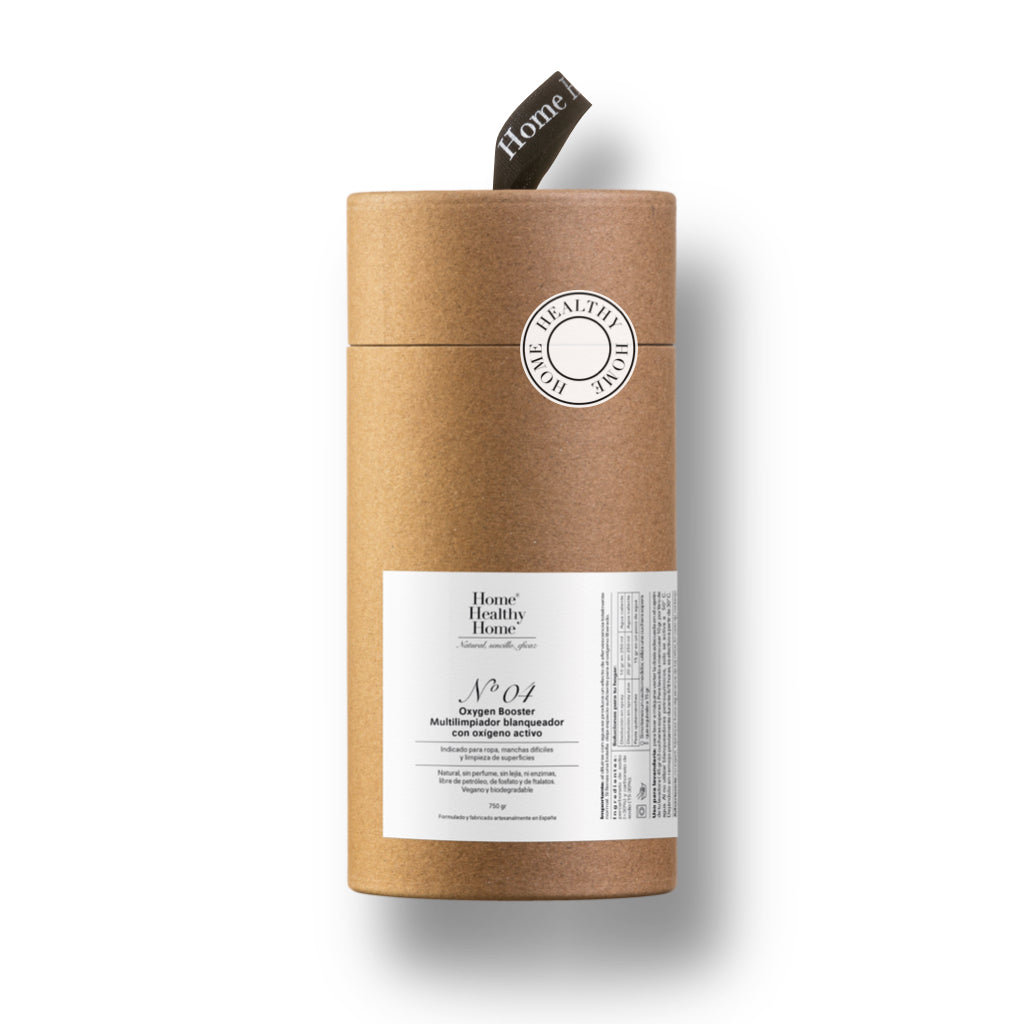Guide to deciphering care symbols on clothing labels: keep your clothes and the environment in perfect condition.
Washing and maintaining your clothes properly allows you to not only extend their useful life but also protect the environment. Below, we help you understand how to read labels and decipher all the clothing care symbols.

What information do the labels on our clothes give us?
Labels usually inform us about the size of the garment, the place of manufacture, its composition, and very importantly about how to care for and maintain our garments. Although we often skip reading them, they allow us to avoid washing “accidents” such as unpleasant shrinkage or color changes…
The labels usually have symbols that indicate the ideal treatment for each garment. These coded symbols have been developed by Ginetex , International Association for Textile Conservation Labeling. Their purpose is to give us the information necessary for the correct treatment of textile products.
How to decipher the symbols?
Although very graphic, the symbols can sometimes be difficult to understand. Below, we help you understand them.
First of all, you have to know that they are divided into 5 categories: washing, drying, ironing, bleaching and dry cleaning. Each category is represented by a symbol.
The numbers, lines, dots and letters allow you to specify the maintenance instructions to follow:
- A crossed out symbol with a cross means a prohibition.
- The numbers correspond to the maximum recommended washing temperature.
- A double underlined symbol recommends very moderate treatment.
- The more points, the higher the temperature can be.
- The lines in the square recommend natural drying.
X-ray of symbols by category
We have prepared an image that summarizes all the symbols.
You will no longer have an excuse: how to read the labels will no longer have any secrets for you, and you will be able to avoid unpleasant washing "accidents".
Washing codes: the bucket.
This symbol indicates the first stage of washing. The numbers indicated inside the bucket indicate the maximum wash temperature in degrees Celsius. Hand in bucket means hand washable. The symbol underlined with a line indicates special precautions to be observed.
Drying codes: the circle inside the square.
This symbol tells us how to dry our clothes, whether we can use the dryer and the recommended temperature level.
Ironing codes, the iron.
This symbol defines in 1, 2 or 3 points the maximum temperature to be used. It also indicates the possibility of using steam.
Whitening codes: the triangle
This symbol indicates whether bleaching is allowed with all types of products, or if there are restrictions, such as the use of chlorine- or oxygen-based products.
Dry Cleaning Codes: The Circle
This symbol is primarily intended for cleaning professionals. The letters inside the circle: P, F or W indicate the types of processes and solvents tolerated by textiles. The symbol underlined with a line indicates special precautions to be observed.
At Home Healthy Home , all our products are natural and do not damage textiles, including the most delicate ones. Our Powdered soap , more concentrated, is especially indicated for dirty clothes. Our softer, dilutable powder soap will take care of your most delicate clothes.













